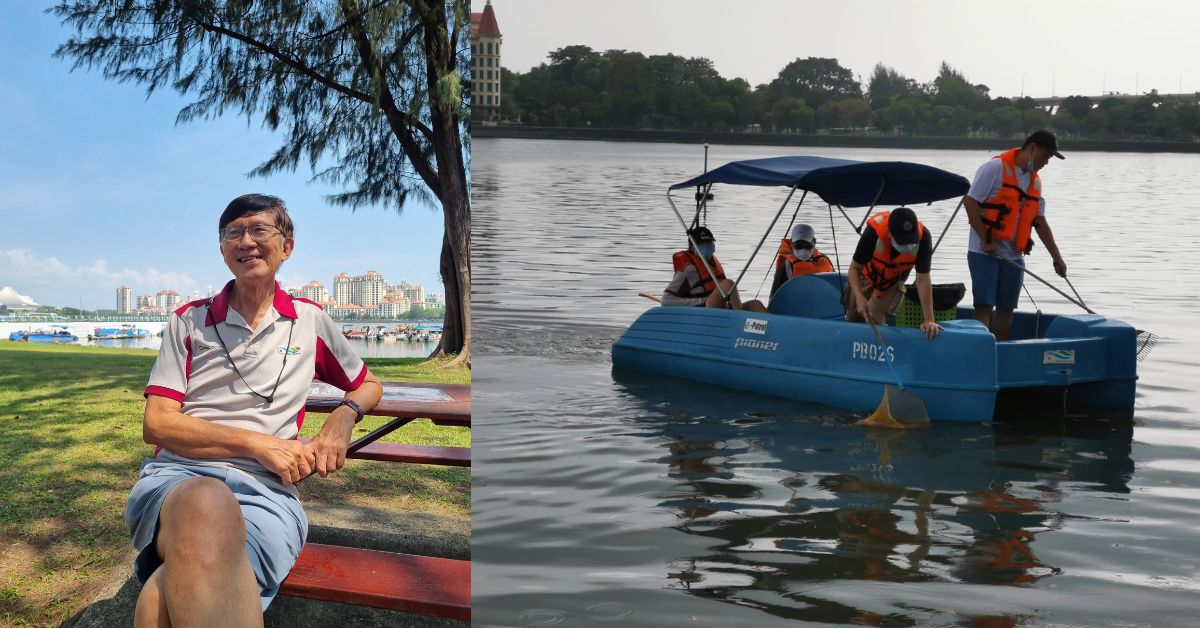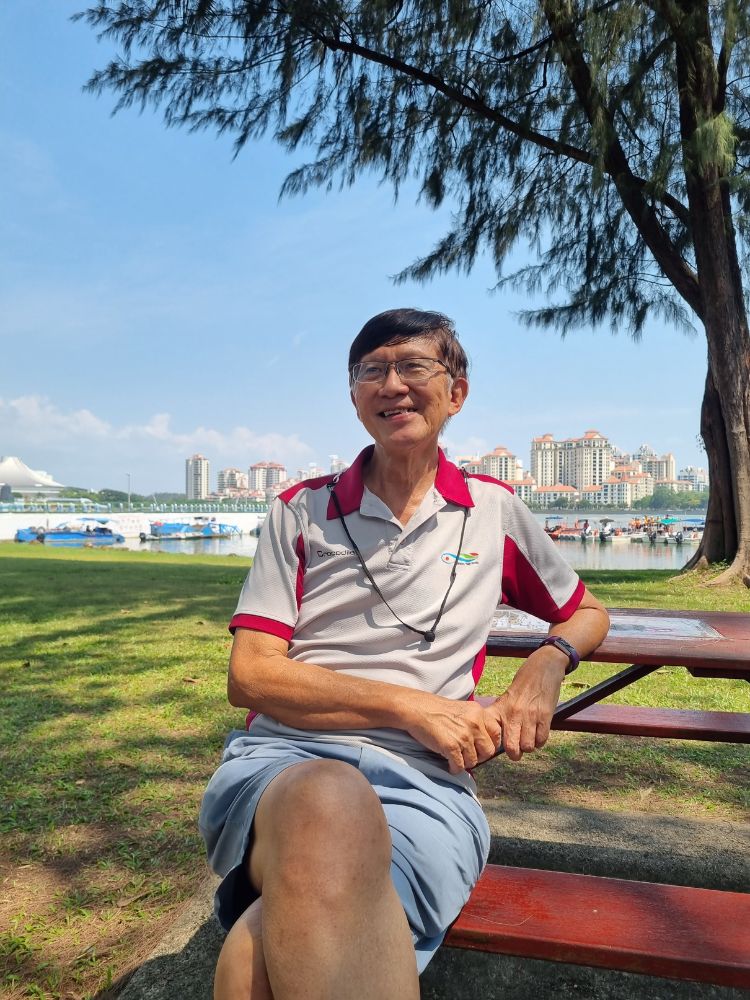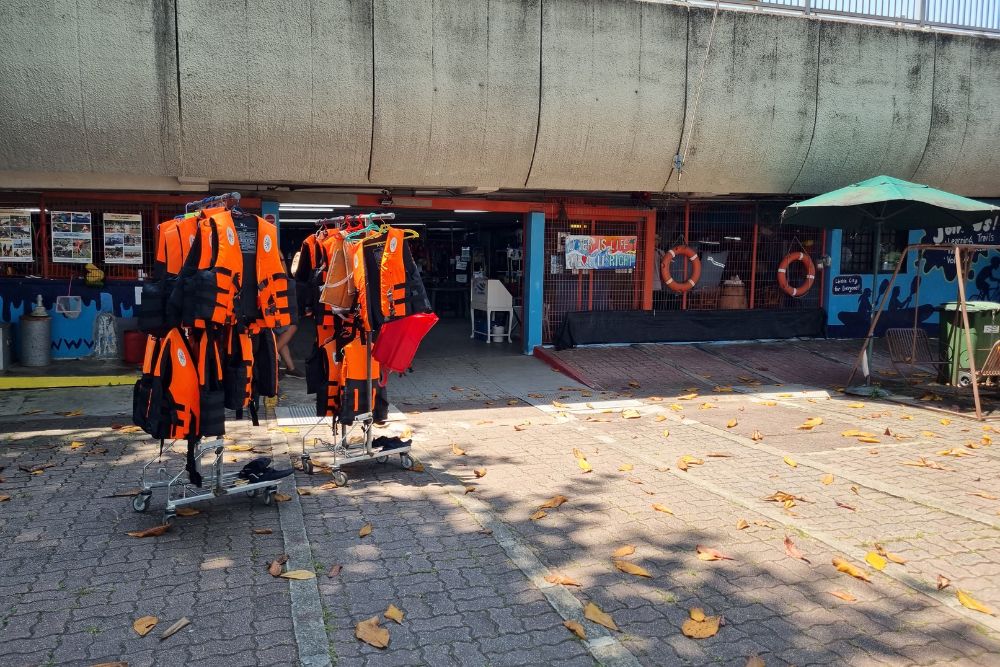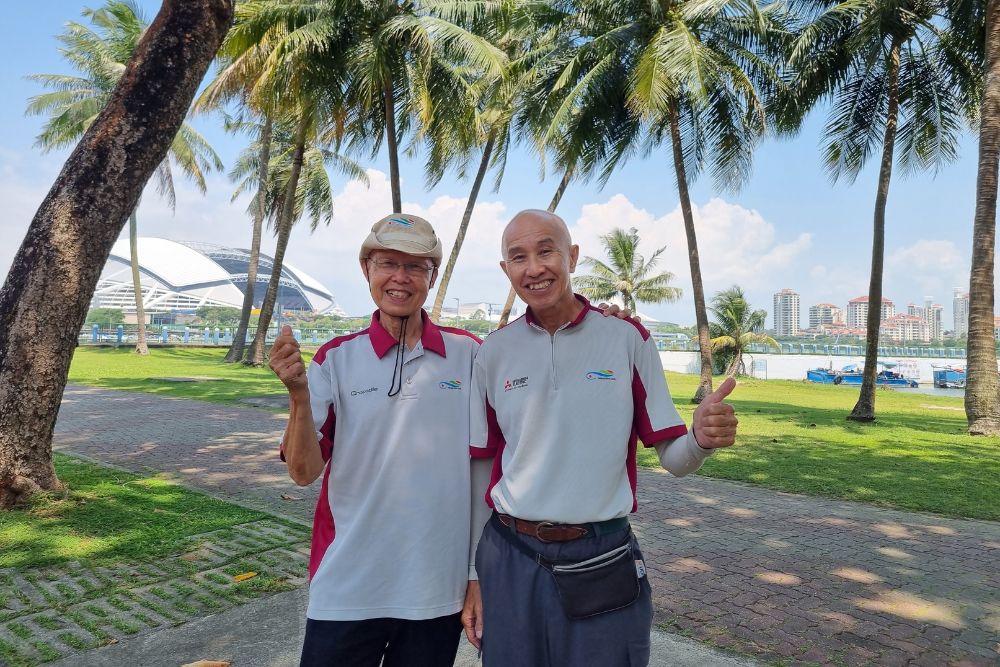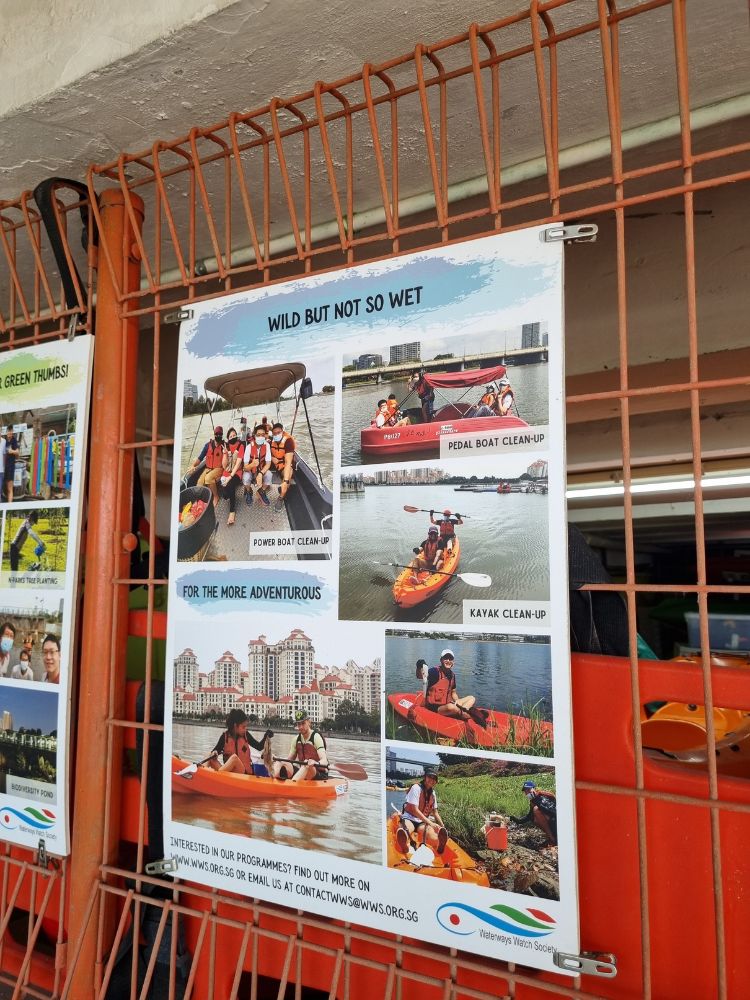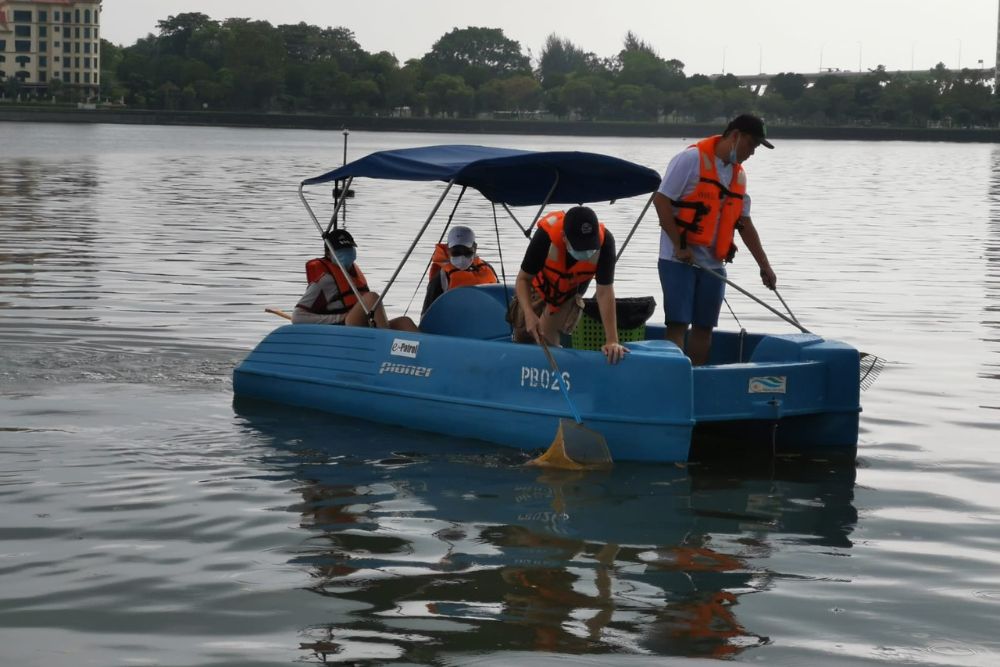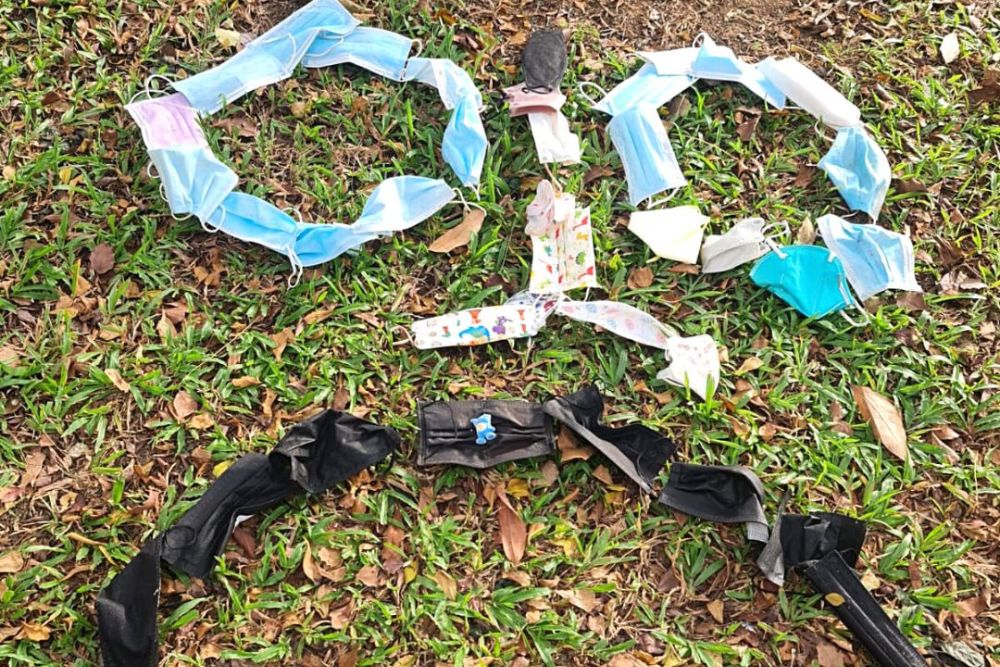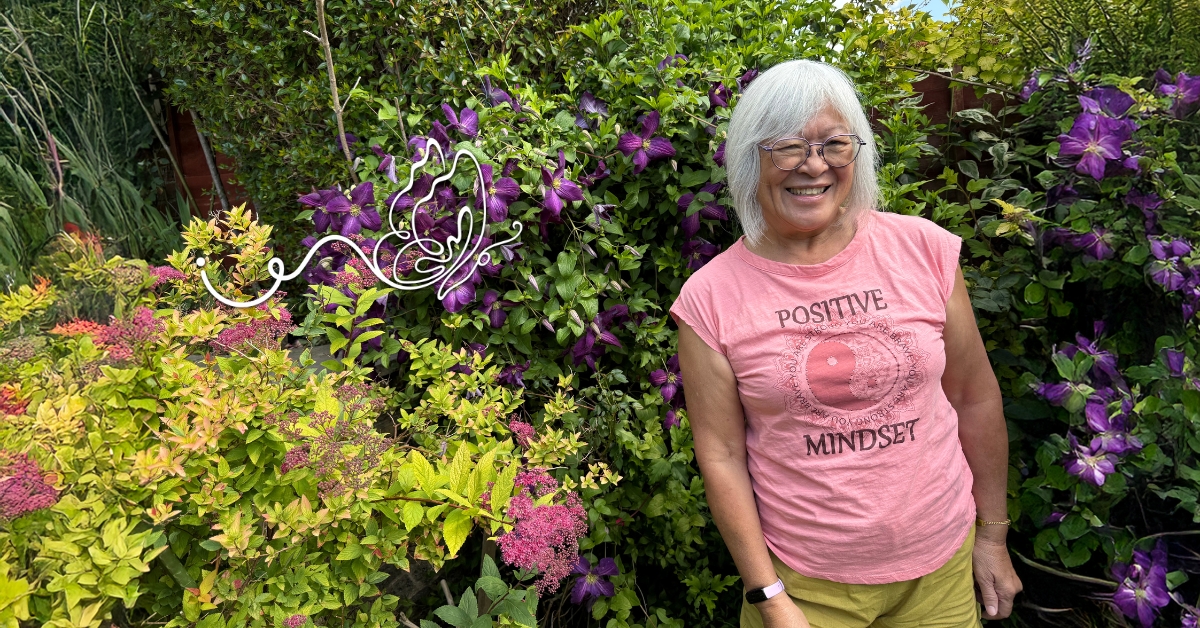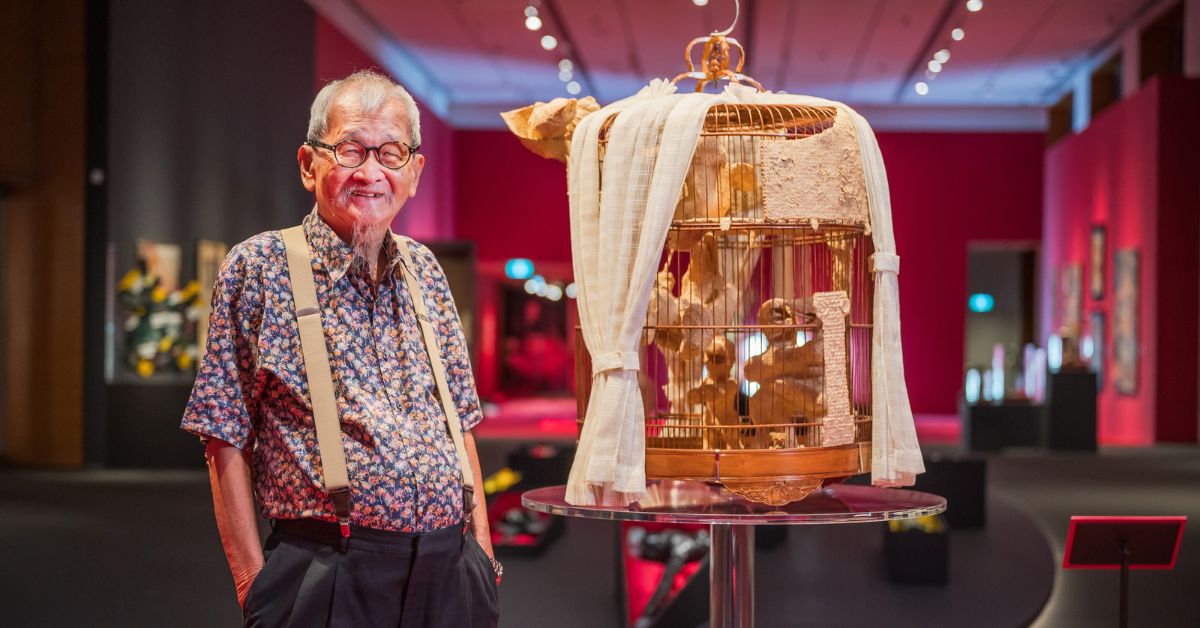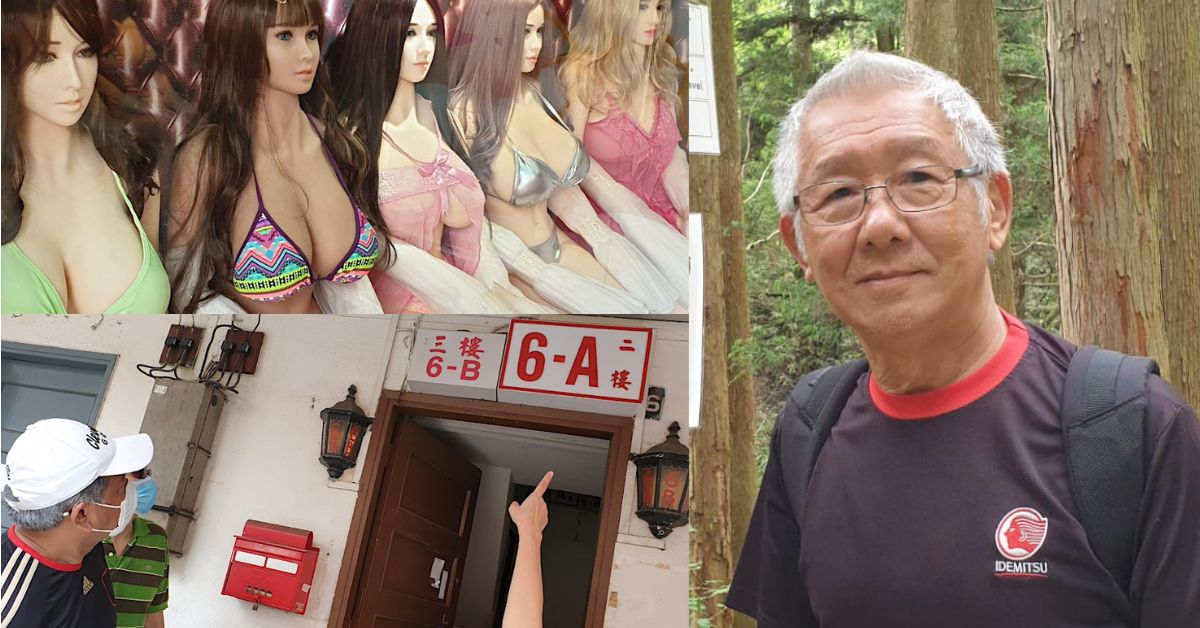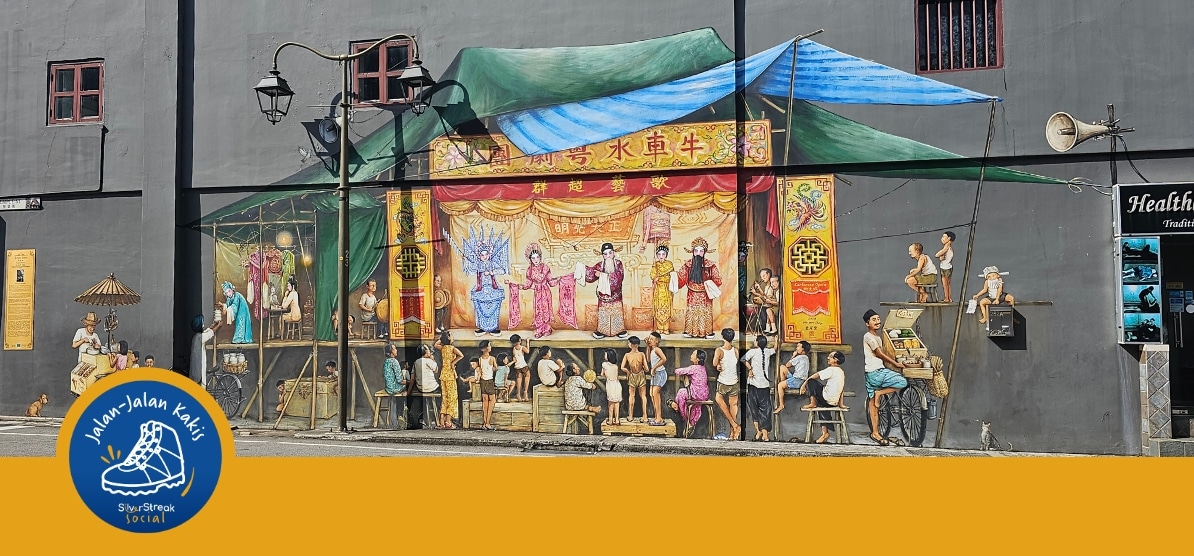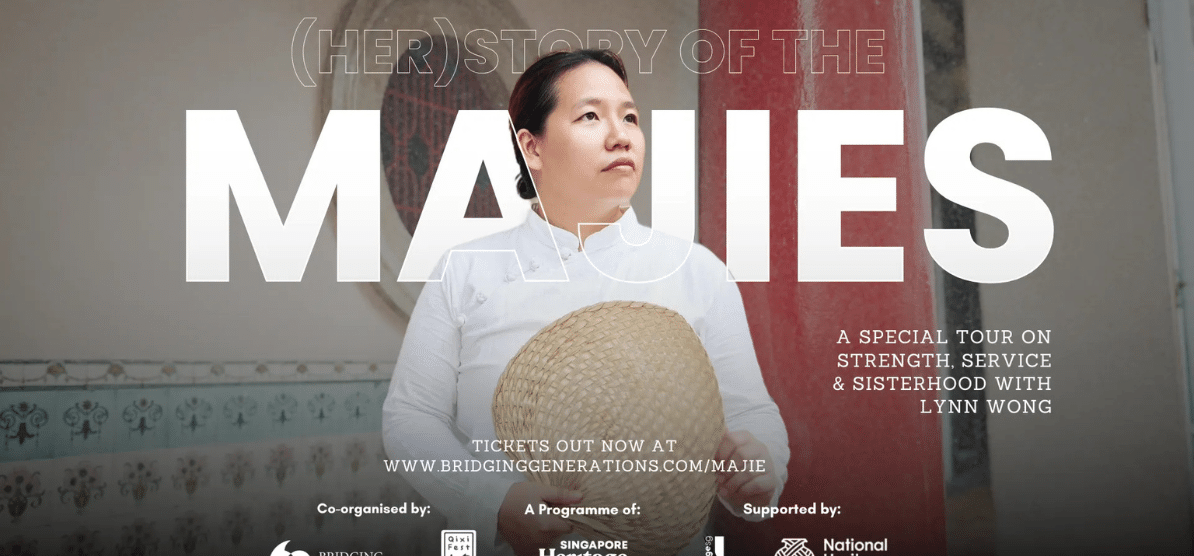The 74-year-old leans back in his plastic chair, legs crossed, as we discuss the non-profit he’s been running for more than a third of his life.
He has numerous accolades on his belt — a Public Service Medal in 2005, and Singapore’s highest environmental accolade, the President’s Award for the Environment, in 2014 — for his efforts in monitoring the island’s rivers, planning education programmes and running clean-up activities.
Instead of the verbiage you’d typically expect from wide-eyed environmentalists, the ex-banker speaks with unfiltered candour in the gloomy underbelly of the Merdeka Bridge. We are just metres from the basin, Singapore’s largest catchment area and freshwater reservoir since the completion of the Marina Barrage in 2008 on this very day (31 October).
He was eventually made environment coordinator for Asia at his company in the ’80s, even as the Singapore River and Kallang Basin underwent its epic $300 million clean-up. His first taste of eco-friendly efforts was in an office setting, recycling printer toner and enforcing double-sided printing.
His eventual transition to guardian of Singapore’s waterways came in 1995, when he was appointed to the Government Parliamentary Committee (Environment).
In 1998, the WWS was officially registered as a non-profit organisation, with just 27 members to its name. It now counts about 1,000 members of all ages, creeds and professions in its ranks.
Apart from opening branch offices in Punggol Park and Jurong Lake Gardens, its original premises in Kallang too has grown – it is now part office, part function room, part clubhouse and part storage space for their growing fleet of kayaks and bicycles.
A community garden and a number of multi-coloured benches provide space for volunteers to hang out when they get tired of jamming out on the drum kit or playing pool.
Almost everything here is donated or sponsored. The few things that are bought, says Eugene, are repaired, refurbished and reused well beyond their expected shelf life.
This is not just an effort to walk the eco-friendly talk. It is simply part and parcel of keeping the non-profit’s head above water, especially during hard times like the Covid-19 pandemic when the school engagements and corporate social responsibility (CSR) programmes that make up the bulk of WWS’ balance sheet dried up.
Part of that confidence stems from WWS’ dedicated pool of volunteers.
Indeed, the silvers’ hard-won experience in corporate settings is often a boon when it comes to engaging with different age or cultural groups.
According to founder Eugene, volunteers are free to shoot for programmes that suit their personal interests, depending on availability and rostering. There is no shortage of engagements, as CSR programmes have now returned in full force.
Towards the end of our conversation, Eugene brings us outside to a bench facing the Kallang Basin. We’re a stone’s throw from the reservoir’s edge, near a pontoon crowded with participants.
He gestures to the volunteers, clutching fishing nets as they load onto a waiting paddleboat.
This includes plastic straws, bottles, metal cans, Styrofoam cups and drink cartons; along with gloves, soccer balls, cable ties, bike tyres and pails; as well as condoms, e-cigarette refills, syringes and cigarette butts.
After Covid-19, a new form of trash appeared: Test kits and especially surgical masks. According to the WWS’ annual report, the WWS has found 2,327 discarded masks in a single year.
But that is likely to remain an unfulfilled ideal.
